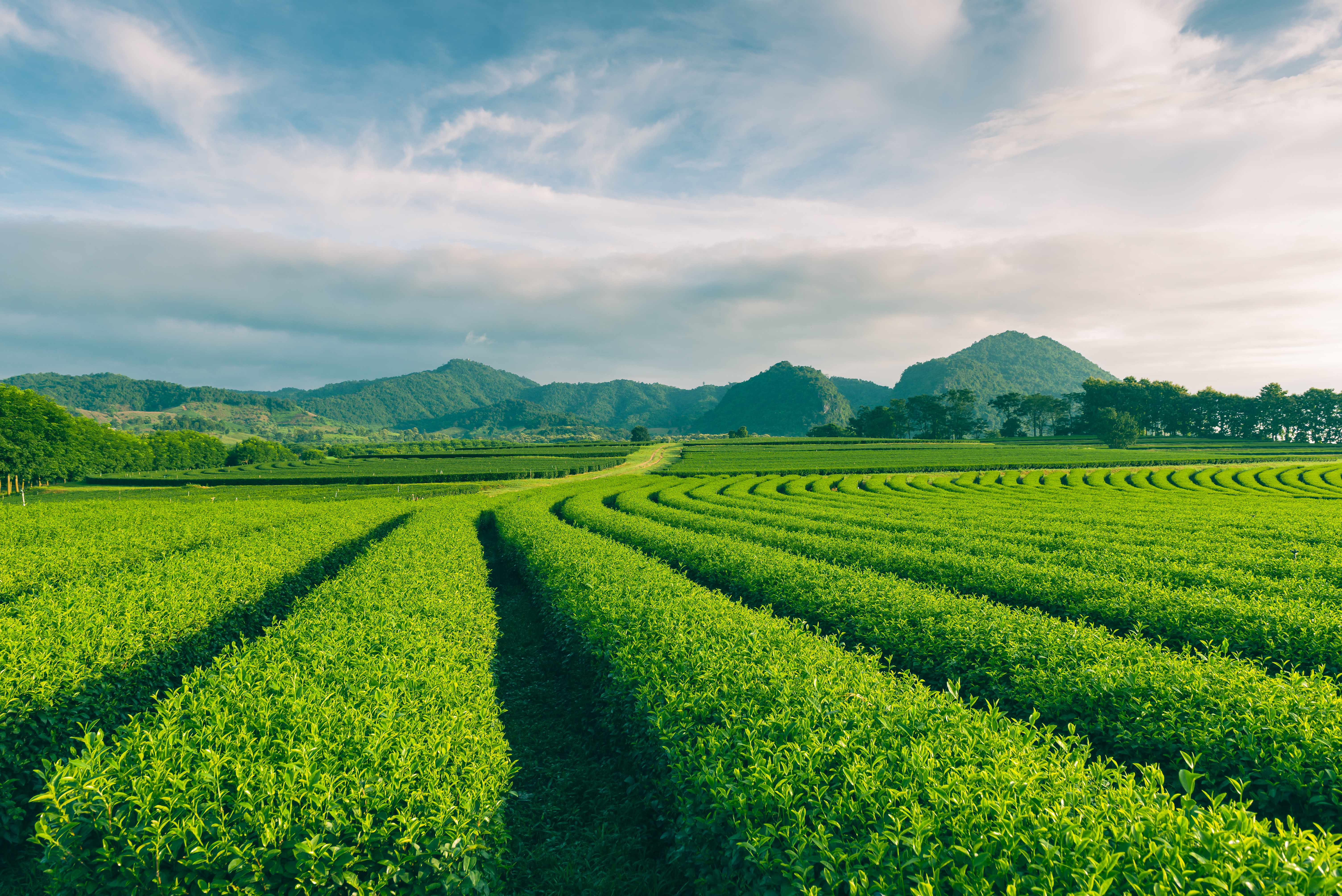Agriculture forms an essential part of Thailand’s economy; accounting for around 30% of the country’s work force. Despite this, the agricultural sector in Thailand is facing a number of challenges, such as inadequate production management and planning, along with labour shortages and climate change. As such, there is currently strong demand for skilled and experienced individuals, resulting in an increase in agricultural recruitment in Thailand.
Thailand’s labour shortage can be linked to the country’s increasingly aged population. However, structural problems in the agricultural sector are helping to shine a spotlight on numerous investment opportunities for large agricultural companies and specialists in agri tech. The opportunities are likely to arise from areas which lack relevant advanced technologies such as robot weeding and crop seeding systems. It is gaps like these which highlight potential roles for technology experts and entrepreneurs.
When it comes to the challenges posed by production planning and management, digital technology such as enterprise resource planning can be utilised to minimise problems by improving the management of supply chains and re-engineering business process. Again, talented individuals will be required in these areas.
Thailand’s agricultural industry
Thailand boasts a diverse agricultural industry, with farmers producing a wide range of crops including rice, cassava, coconut, tea and corn.
At present it is estimated that around 16 million Thais work in rice farming which represents a significant proportion of the country’s labour force and economy, whilst Thailand is among the world’s top ten producers of coconuts.
Thailand has a well-developed cassava industry and market, with agro-industrial production of the crop forming one of the country’s most important crops. Thailand supplies around 65% of the global market for cassava and is ranked amongst the world’s largest exporters of cassava products.
Although Thailand is not amongst the world’s top tea producers it is still an important source of this valuable crop. Quality rather than quantity best describes tea production in Thailand as the country produces some of the most expensive and sought after teas on the planet, including oolong and green teas.
Last and by no means least, corn production in Thailand is reaching record levels thanks to increased production resulting from a direct payment scheme implemented by the government to encourage farmers to grown corn, especially in non-irrigated areas in the north of the country.
Agriculture production problems
As with many countries in the Asia Pacific region, Thailand currently faces a number of production risks and problems. Climate change is contributing towards problems with resources such as soil degradation, water scarcity and pollution. Droughts and floods continue to cause difficulties, with the worst affected areas in the North East and South of the country.
Farming communities have suffered a greater impact as a result of the Covid-19 pandemic in comparison to general households, with many experiencing a loss of income of up to 39 percent. In addition, smallholders’ income was reduced by approximately 40 per cent as a result of oversupply and a failure to plant seeds during the onset of the pandemic.
Peak Recruit – agriculture job recruitment consultants in Thailand
Although Thailand’s agricultural industry has a number of the problems to overcome, the outlook for the sector is largely positive. At Peak Recruit we specialise in agricultural recruitment in Thailand and have many years of experience in placing talented individuals in challenging roles. To find out more, please get in touch.

